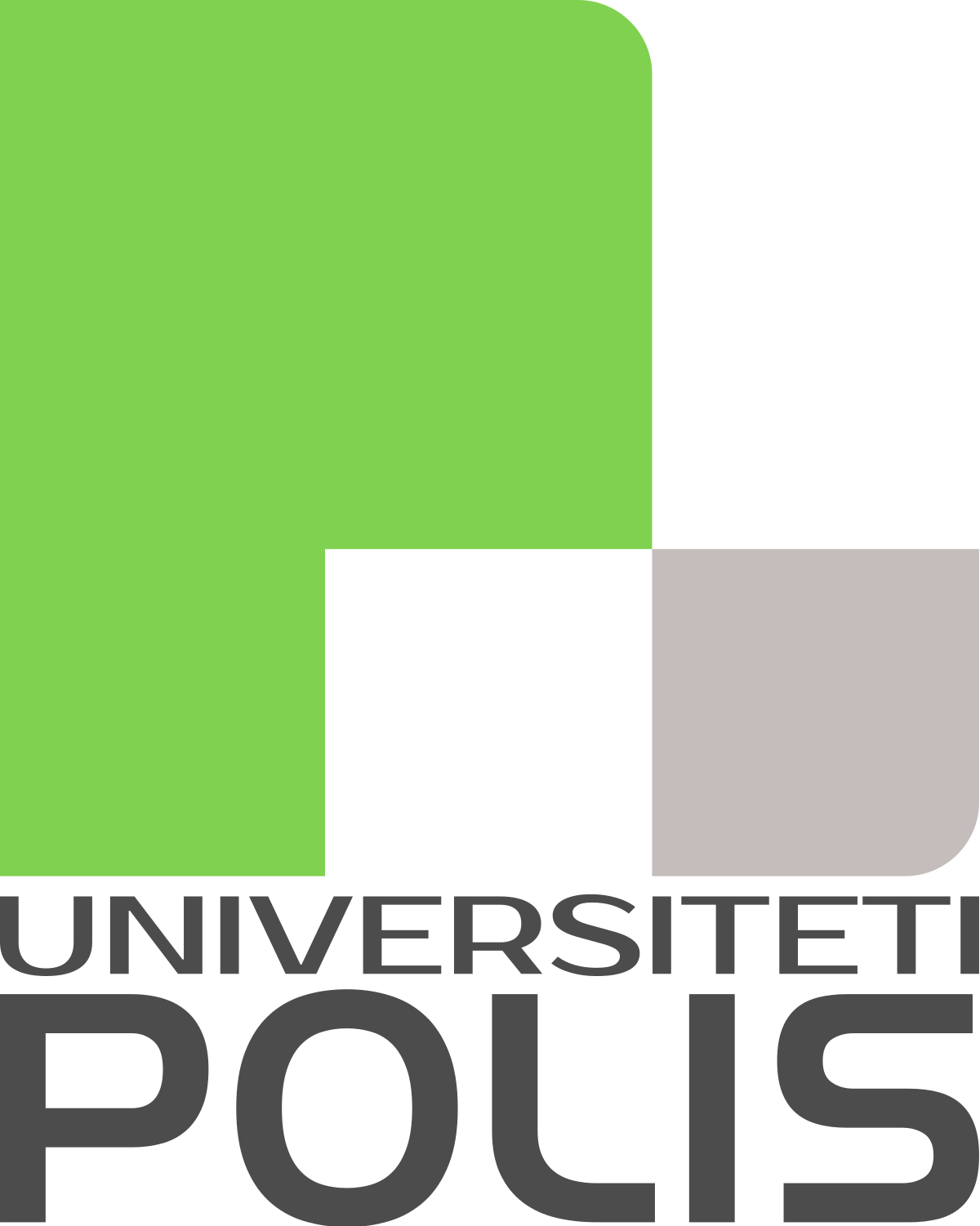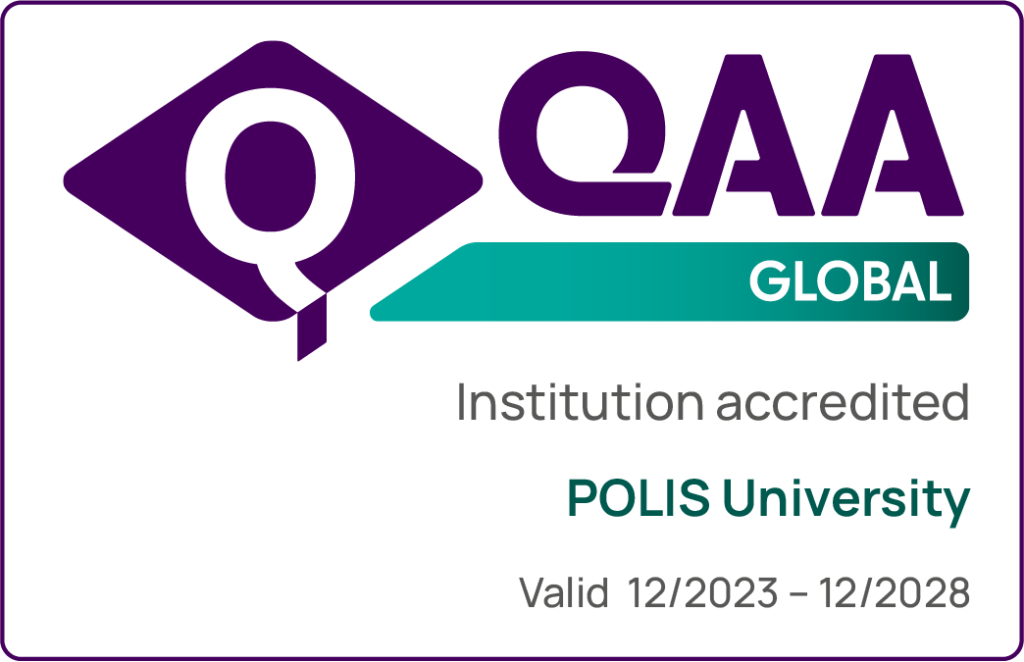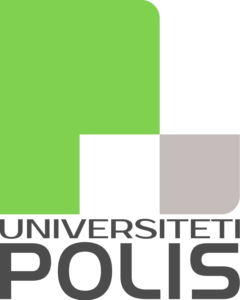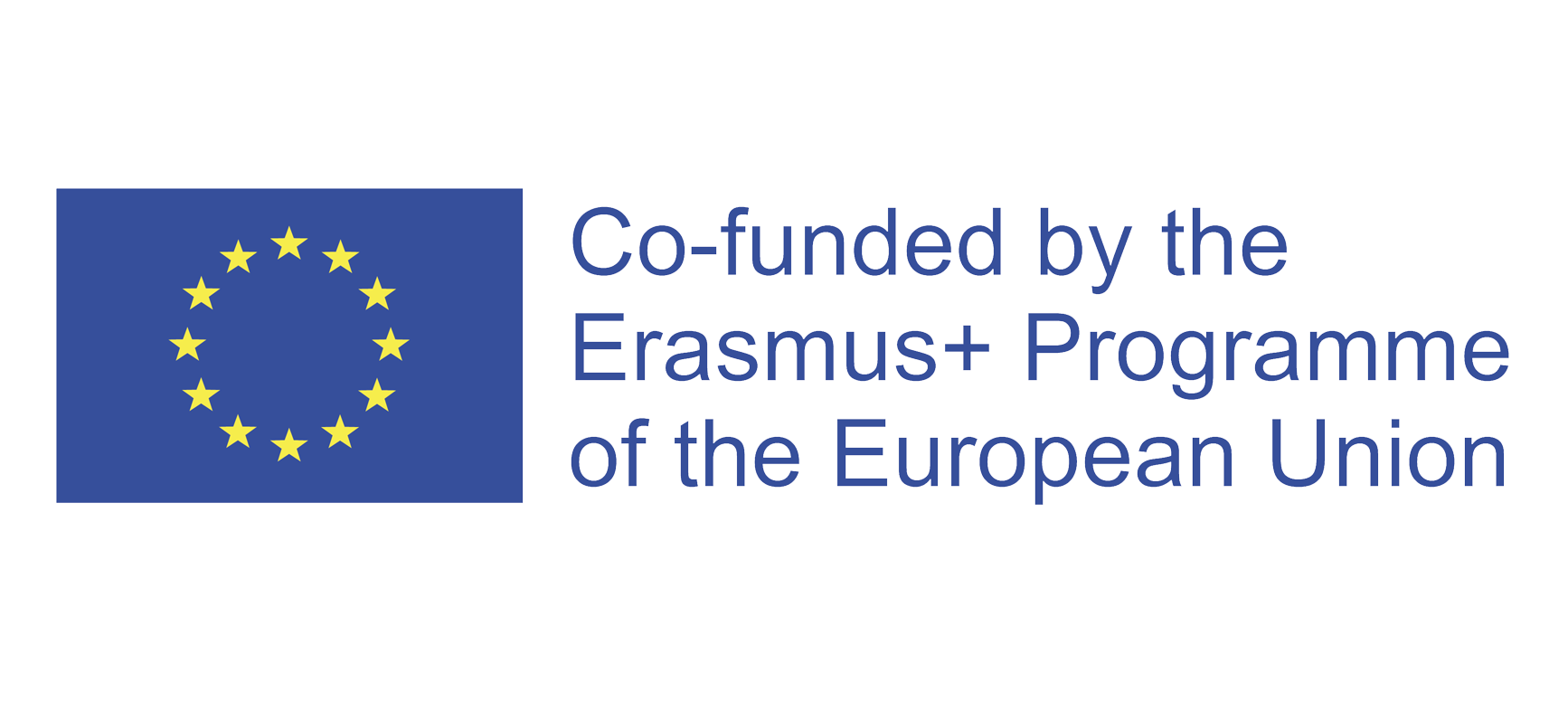Other Independent Structures
2024-01-16 11:38Other Independent Structures
POLIS University has well defined “Independent Structures” which guarantee the operation and
good governance of the institution.
The Council of Ethics at POLIS University is a collegiate advisory body that discusses the ethical issues of the university life. The council offers proposals to the Rector concerning these issues. The Council of Ethics consists of 5 (five) members, who are selected by the Academic Senate. The Chairman is proposed by the Rectorate.
- Dr. Godiva Rembeci (Chairman)
- Dr. Sotir Dhamo (Member)
- Dr. Llazar Kumaraku (Member)
- Dr. Sonia Jojic (Member)
- Dr. Merita Toska (Member)
This body aims to:
- Review and propose the Rector the fundamental ethical principles, regarding the protection and assurance of basic human rights in terms of the university’s activity;
- Examine and offer its opinion on the treatment of specific cases or problems that may arise in the university’s activities;
- Suggest the development of ethical and cultural activities in order to maintain and develop ethical and human values.
Council of Ethics has advisory, investigative and control functions for the implementation and observance of the provisions of the Regulations for Determination of the Ethics Code. Favours, where possible, the amicable resolution of any disputes.
POLIS University has become one of the higher education institutions in Albania achieved global accreditation through the Quality Assurance Agency for Higher Education (QAA), the UK’s independent quality body and a global leader in quality assurance for higher education. POLIS University has obtained global accreditation after successfully completed QAA`s International Quality Review (IQR)
International Quality Review (IQR) offers institutions outside the UK the opportunity to have a review by the UK’s Quality Assurance Agency for Higher Education (QAA). The review benchmarks institutions’ quality assurance processes against international quality assurance standards set out in Part 1 of the Standards and Guidelines for Quality Assurance in the European Higher Education Area (ESG)
The review took place from 2 to 4 May 2023 and was conducted virtually by a team of three reviewers by QAA. The review team confirmed that the University meets all 10 of the internal quality assurance standards in the ESG.
The QAA review team identified the following features of good practice at POLIS University:
- the formal approach taken by the institution to actively support non-discriminatory practices, understanding that the emphasis the University places is fairly unique in the cultural context it embodies (ESG Standard 1.1)
- the involvement of students in programme design (ESG Standard 1.2)
- the approach taken by the University to nurture student progression through the maintenance of a culture of student and teacher partnership (ESG Standard 1.3)
- the participatory approach that aligns research objectives and institutional objectives (ESG Standard 1.5)
- the extensive range of learning resources that support learning, in particular the special IT facilities to enhance the learning opportunities for students with disabilities (ESG Standard 1.6)
- the comprehensive range of specialist facilities on offer which enhance the professional learning opportunities for students (ESG Standard 1.6).
The QAA review team also has included in to the report some recommendations for improvement/enhancement. The recommendations are of a desirable rather than essential nature and are proposed to enable the University to build on existing practice which is operating satisfactorily but which could be improved or enhanced.
QAA’s IQR accreditation applies for five years, subject to a satisfactory mid-cycle review.
This structure consists of the Constitutional Assembly and the Executive Board. It exercises its activity in close coordination with the governing bodies of POLIS University and focuses on the professional performance of individuals who have completed their studies at U_POLIS.
All members of the association have the right:
- To be potential beneficiaries of any of the assistance schemes or programs administered by the Association and/or U_POLIS.
- To benefit from scholarships or employment opportunities from the network of partners of POLIS, AUA and ALUMNI.
- To exhibit their work at MAD centers, TAW/TDW Biennales, Earth Days, etc., as well as other POLIS University assets and events.
- To participate in the social-cultural life and activities of U_POLIS, Metro_POLIS, Co_PLAN, AUA, etc.
- To engage in various projects of U_POLIS, AUA, Co-PLAN, Metro_POLIS, according to needs and subjecting you to competitive selection.
- To be informed about the activities of the ALUMNI Association and AUA and also to participate in all social functions of the Association.
- Publications and magazines of POLIS University benefit at a subsidized price.
In this way, all members of the association have the obligation: to pay the membership fee defined in the membership regulation, as well as to enable the ALUMNI association to run smoothly.





